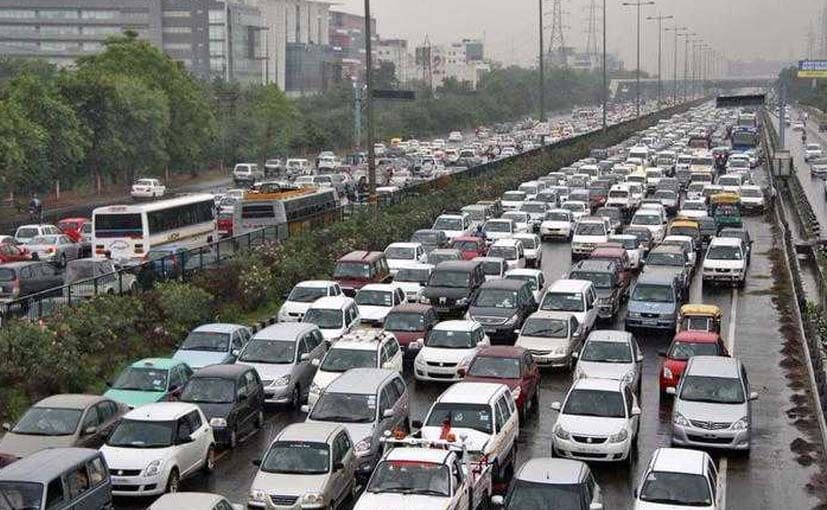
The government has notified levy of increased GST cess of up to 7 per cent on mid-size, large and SUV cars. The GST Council on September 9 had decided to hike cess on mid-size cars by 2 per cent, on large cars by 5 per cent and on SUVs by 7 per cent to bring tax rates on these cars at pre-GST levels. The Finance Ministry late last night notified the hike in quantum of cess to be levied on cars, following which the new rates came into effect.
The effective GST rate on mid-size cars will be 45 per cent, and on large cars it would be 48 per cent. The rate will be 50 per cent on sports utility vehicles (SUVs), which include cars with length exceeding 4,000mm and having a ground clearance of 170mm and above. Car prices had dropped by up to Rs 3 lakh as the tax rates fixed under the Goods and Services Tax (GST) that came into effect from July 1, was lower than the combined central and state taxes in the pre-GST days.
To fix this anomaly, the council raised the cess. The Finance Ministry now has amended the notification ‘Compensation Cess (Rate)’, dated the June 28, 2017, and brought in the changes in the rate of cess to be levied. However, cess on small petrol and diesel cars, hybrid cars and those carrying up to 13 passengers has not been raised.
Under the GST regime, cars attract the highest tax slab of 28 per cent and on top of that a cess is levied. An ordinance was promulgated last week to hike the cess from 15 per cent to up to 25 per cent. The Council then on September 9 decided on the quantum of hike in cess in various segments.
After the GST council meet, Finance Minister Arun Jaitley had said that in large vehicles where affordability of consumers is high, the cess has been increased.
“The pre-GST rate has not been restored… Even though we had a headspace of hiking cess by 10 per cent, it has been hiked by up to 7 per cent,” Jaitley had said.
The highest pre-GST tax incidence on motor vehicles worked out to about 52-54.72 per cent, to which 2.5 per cent was added on account of Central Sales Tax, octroi etc. Against this, post-GST the total tax incidence came to 43 per cent. With the revision in cess quantum with yesterday’s notification, now the anomalies have been removed to a greater extent.
With this, small petrol cars with engine capacity less than 1200cc will attract only 1 per cent cess, while diesel cars with engine capacity of les than 1500cc will attract 3 per cent cess, on top of the 28 per cent GST rate. Cess on hybrid cars, including mid, large and SUVs, have been retained at 15 per cent, likewise those vehicles used for transport of not more than 13 passengers.
Automakers such as Mahindra and Mahindra, Toyota Kirloskar Motor, Audi, Mercedes-Benz and JLR India have already said that they are planning to pass on the increased cess to consumers in form of hike in car prices.
[“source=auto.ndtv”]